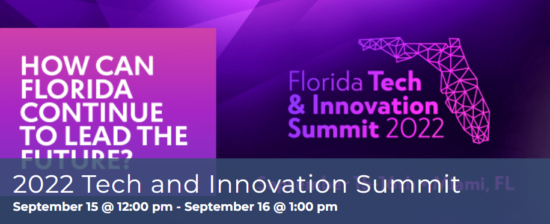I am speaking on a panel tomorrow at the Dirksen Senate Office Building at an R Street Institute event on patent reform. Here’s R Street’s description:
The patent reform debate has been painted as one of inventors vs. patent troll victims. Yet these two don’t have to be enemies. We can protect intellectual property, and stomp out patent trolls.
If you’re just tuning in, patent trolls are entities that hoard overly broad patents, but do not use them to make goods or services, or advance a useful secondary market. While there’s a place for patent enforcement, these guys take it way too far.
These entities maliciously threaten small businesses, inventors, and consumers, causing tens of billions in economic damage each year. Since litigation costs millions of dollars, businesses are forced to settle even when the claim against them is spurious.
Fortunately, with growing awareness and support, the patent trolls’ lucrative racket is in jeopardy. With Obama’s patent troll task force, the passage of the Innovation Act in the House, state legislation tackling demand letters, and further action in the courts, we appear to be closer than ever to achieving real reform.
Please join us for a lunch and panel discussion of the nature of the patent troll problem, the industries it affects, and the policy solutions being considered.
Featuring:
Zach Graves, Director of Digital Marketing & Policy Analyst, R Street Institute (Moderator)
Eli Dourado, Research Fellow, Mercatus Center
Whitaker L. Askew, Vice President, American Gaming Association
Robin Cook, Assistant General Counsel for Special Projects, Credit Union National Association
Julie Hopkins, Partner, Tydings & Rosenberg LLP


 It’s been way too long since the Tech Liberation Front hosted an IRL meetup,
It’s been way too long since the Tech Liberation Front hosted an IRL meetup,  The Technology Liberation Front is the tech policy blog dedicated to keeping politicians' hands off the 'net and everything else related to technology.
The Technology Liberation Front is the tech policy blog dedicated to keeping politicians' hands off the 'net and everything else related to technology.